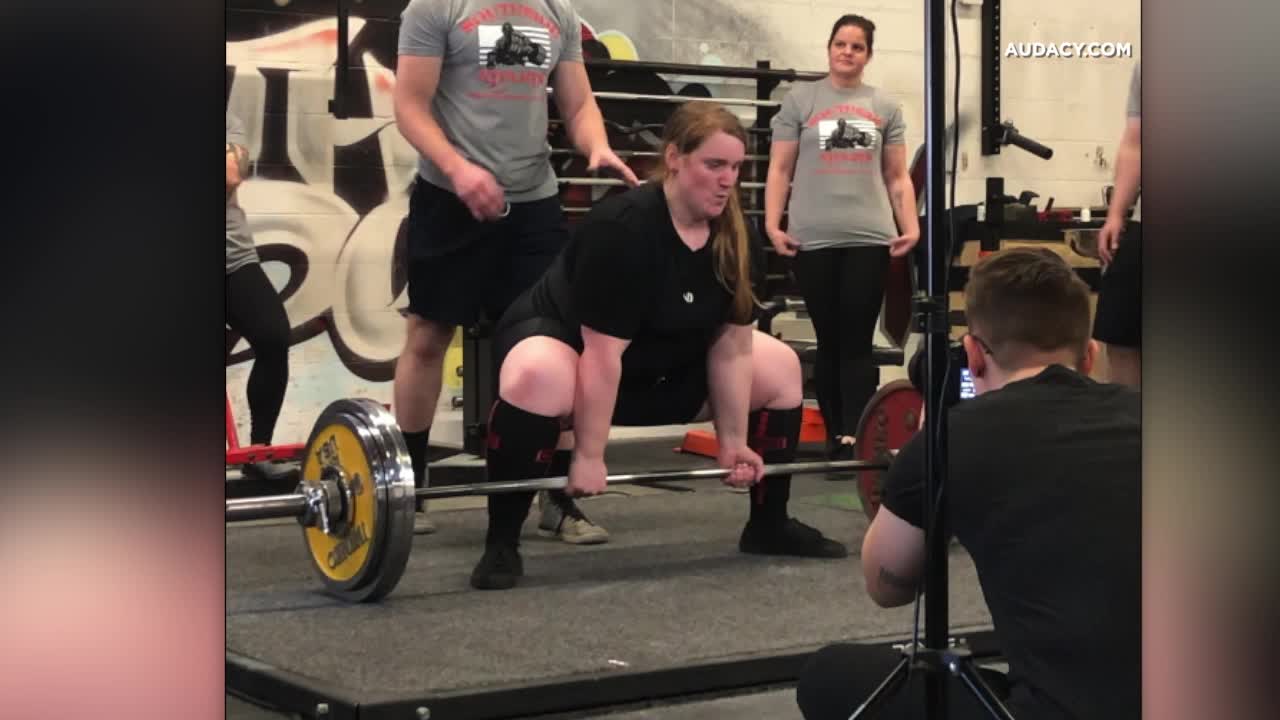
Minnesota Supreme Court rules transgender athlete ban is discrimination but opens door to further challenges
The Minnesota Supreme Court has ruled that an adult transgender athlete was discriminated against when she was banned from participating in a women’s powerlifting competition but opened the door to additional legal challenges.
Minnesota’s high court issued its opinion Wednesday morning. In doing so, the court affirmed that the state’s Human Rights Act (MHRA) protects transgender people from discrimination based on sexual orientation. However, it didn’t go as far as many transgender individuals and their supporters would’ve liked.
Instead of issuing a wide-ranging order that affirms protections for trans people, the court focused narrowly on the specific case and indicated that further issues will be decided when they are challenged.
Background
The ruling comes after a six-year legal battle started by JayCee Cooper, a transgender athlete who was denied entry in a USA Powerlifting competition’s women’s events. That happened in 2019 when Cooper was roughly 30 years old.
A Ramsey County judge ruled in Cooper’s favor in 2023, finding discrimination.
However, a year later, the Minnesota Court of Appeals agreed that discrimination based on gender identity violates the MHRA but sent the case back to the district court to determine whether Cooper was discriminated against for being transgender.
The state Supreme Court agreed to hear the case in July 2024.
Impact
Wednesday’s ruling is a win for Cooper on the surface and requires all places of public accommodation to avoid discrimination against transgender individuals.
However, it’s not as wide-ranging as it may seem.
The justices acknowledged that there could be a legitimate business reason to stop transgender athletes from competing in women’s sports but stopped short of issuing any ruling on that because USA Powerlifting didn’t raise any legitimate business exemptions.
That means if USA Powerlifting or another organization argues for that specific exemption in the future — which seems very likely — the court will look at that separately and issue a ruling at that time.
Additionally, the justices declined to overturn the court’s 2001 ruling that said the MHRA doesn’t ensure transgender employees can use their preferred restroom at work.
RELATED: Minnesota AG’s Office responds to federal call for transgender athlete ban
The ruling comes on the heels of an ultimatum from the federal government, which ordered Minnesota to ban transgender students from competing in high school sports or risk millions in school funding.
Minnesota Attorney General Keith Ellison said banning trans athletes from high school competitions would conflict with state anti-discrimination law and vowed to take the Trump administration to court.
The Minnesota Supreme Court’s ruling seemingly opted to stay out of the middle of that debate, refusing to affirm Ellison’s assertion and further the state’s standing as a “trans refuge” state while also not rescinding any protections, yet.
Read the court’s full ruling below or by clicking here.
Reaction
Jess Braverman, the legal director at Gender Justice — which helped represent Cooper, celebrated the decision by saying it affirms “transgender people have a right to enjoy public spaces in Minnesota like sporting events, restaurants, and movie theaters, free from targeted discrimination,” and calling it “a historic victory.”
Braverman also pushed that it is a very broad and impactful ruling but acknowledged that more legal fights are likely ahead, and future opinions from the U.S. Supreme Court could still impact the law in Minnesota.
Even though the ruling didn’t directly address high school or collegiate sports, Braverman added that she would expect any case in those realms to end up the same way as Cooper’s case, citing a lack of exemptions for a court to point to.
Minnesota House Speaker Lisa Demuth, R-Cold Spring, meanwhile, called the ruling “another setback in the fight to protect girls’ sports,” even though the ruling didn’t explicitly address Title IX issues.
Rep. Kristin Robbins, a Republican gubernatorial candidate, called the ruling “a violation of common sense as well as both state and federal law,” adding that it “allowed Tim Walz and Keith Ellison’s war against women to continue.”
First Appeared on
Source link






